In industrial applications where equipment and surfaces are exposed to harsh chemicals, selecting the right chemical resistant coating is crucial. Whether it's machinery in chemical plants, tanks in wastewater treatment facilities, or floors in manufacturing units, protective coatings extend equipment lifespan, reduce maintenance costs, and safeguard against corrosion and abrasion.
Importance of Chemical Resistant Coatings
When exposed to aggressive chemicals like acids, alkalis, or solvents, untreated surfaces can quickly deteriorate. Corrosion not only damages the appearance of the equipment but can also lead to structural failures, costly repairs, or even unplanned downtime. Chemical resistant coatings create a durable barrier between harmful substances and the equipment, preserving its integrity and performance.
Some environments are particularly unforgiving, combining both chemical and mechanical stresses. For example, tanks, pipes, or pumps handling abrasive slurries in mining operations face damage from both chemical corrosion and physical abrasion. A coating that withstands both challenges is essential to keep operations running smoothly.
Key Benefits of High-Performance Chemical Resistant Coatings
- Extended Equipment Life: Industrial equipment exposed to corrosive chemicals, such as sulfuric acid or caustic soda, typically requires frequent repairs or replacements. A high-quality chemical resistant coating extends the time between maintenance cycles, saving both time and money.
- Enhanced Durability: Advanced coatings, such as epoxy-based systems, provide a high level of crosslink density. This feature creates a robust molecular structure that resists penetration by chemicals and water, preserving the integrity of the underlying material.
- Abrasion and Chemical Resistance: Some environments, like mining and ore processing, combine chemical corrosion with abrasive wear. High-performance coatings, such as those containing ceramic particles, offer superior resistance to both types of damage, extending equipment lifespans.
Choosing the Right Chemical Resistant Coating
When selecting a coating, it’s essential to consider the specific chemicals and conditions the equipment will be exposed to. Some of the most commonly used chemical resistant coatings include:
- Epoxy Coatings: Known for their excellent chemical and abrasion resistance, epoxy-based coatings are a popular choice for industries ranging from oil and gas to wastewater treatment. These coatings create a hard, impermeable surface that withstands aggressive chemicals, including strong acids like sulfuric acid.
- Polyurethane Coatings: Offering a flexible yet tough layer, polyurethane coatings are ideal for surfaces that experience a combination of chemical exposure and mechanical wear. They are commonly used in automotive and industrial applications.
- Ceramic-Filled Coatings: For environments with both chemical and abrasive threats, coatings containing ceramic beads or fillers are highly effective. The ceramic particles enhance the coating’s ability to resist wear, making it an ideal solution for mining equipment and conveyors exposed to abrasive slurries.
Real-World Applications of Chemical Resistant Coatings
Oil and Gas Industry: In refineries, pipelines, and petrochemical plants, equipment often comes into contact with corrosive chemicals like sulfuric acid. A coating that can resist these aggressive substances is vital for protecting equipment from damage. Products like Epoxy Coat 7000 AR are engineered specifically for these environments, providing reliable protection against concentrated sulfuric acid.
Mining Industry: Mining operations involve handling abrasive and chemically aggressive materials. Equipment such as screw conveyors, tanks, and pumps that transport acidic slurries require a coating that can withstand both abrasion and chemical attack. Coatings such as Brushable Ceramic or Wear Guard 300RTC combine ceramic fillers with a durable resin binder to create a coating that can handle the harshest conditions.
Wastewater Treatment: Tanks and containment areas in wastewater facilities are often exposed to a range of corrosive substances. A high-performance coating provides protection, ensuring the longevity of infrastructure and reducing maintenance costs.
Conclusion
Chemical resistant coatings are an essential solution for industries exposed to corrosive environments. By forming a protective barrier between equipment and harmful chemicals, these coatings prevent corrosion, reduce maintenance needs, and extend the lifespan of valuable assets. When selecting a coating, it’s crucial to understand the specific environmental conditions and chemical exposures to ensure maximum protection. Whether in oil refining, mining, or wastewater treatment, choosing the right chemical resistant coating helps companies save on costly repairs, minimize downtime, and optimize operational efficiency.

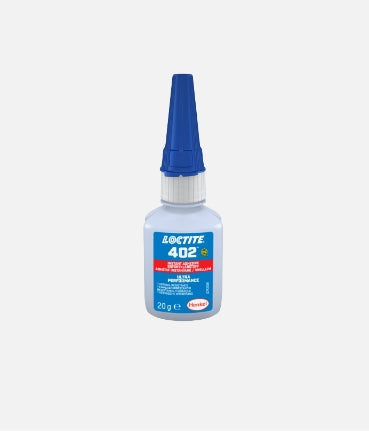
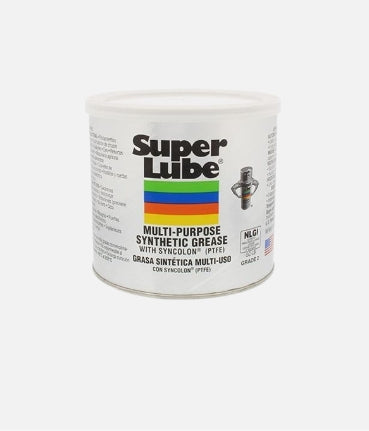
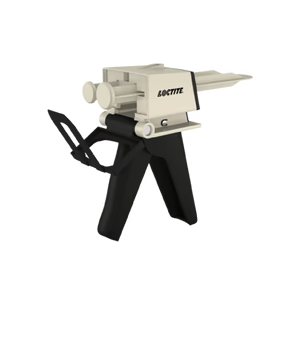
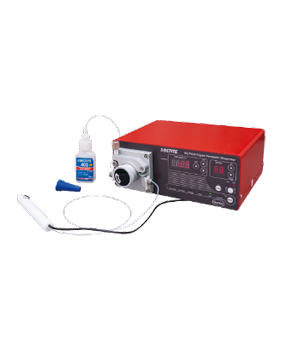

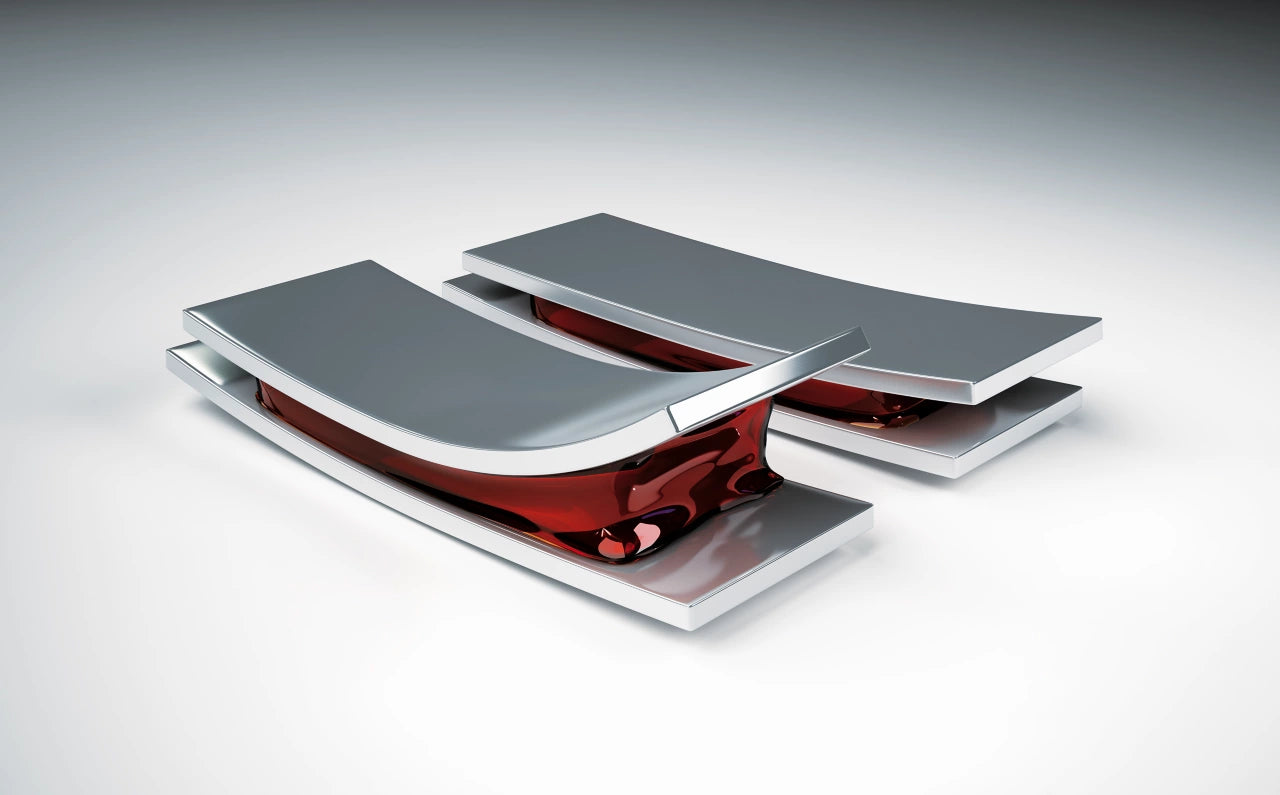
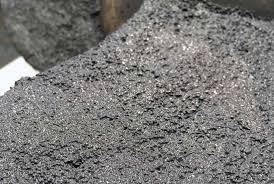
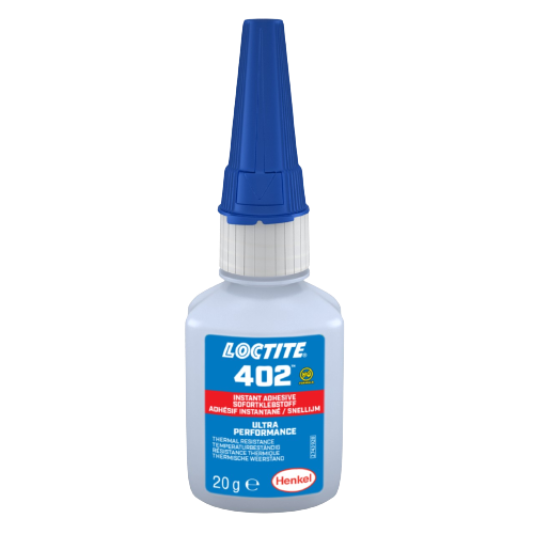
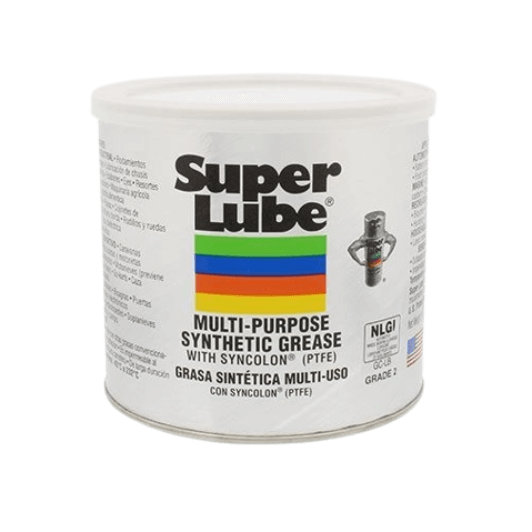

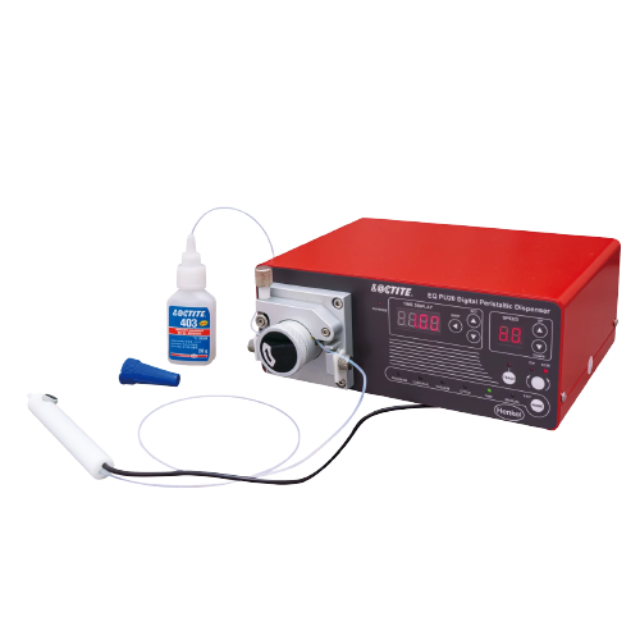
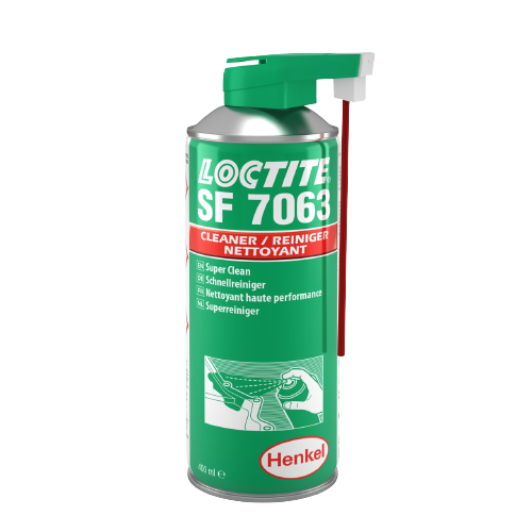
发表评论
所有评论在发布前都会经过审核。
此站点受 reCAPTCHA 保护,并且 Google 隐私政策和服务条款适用。